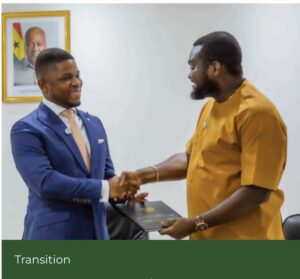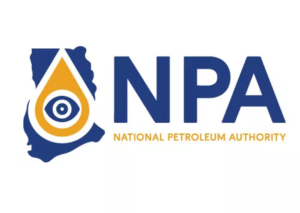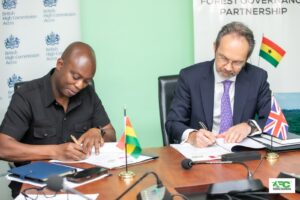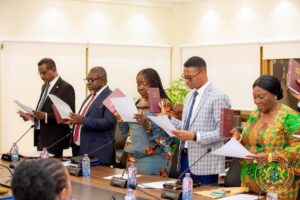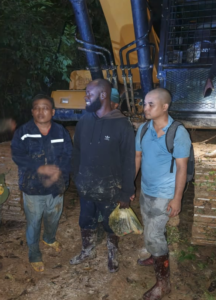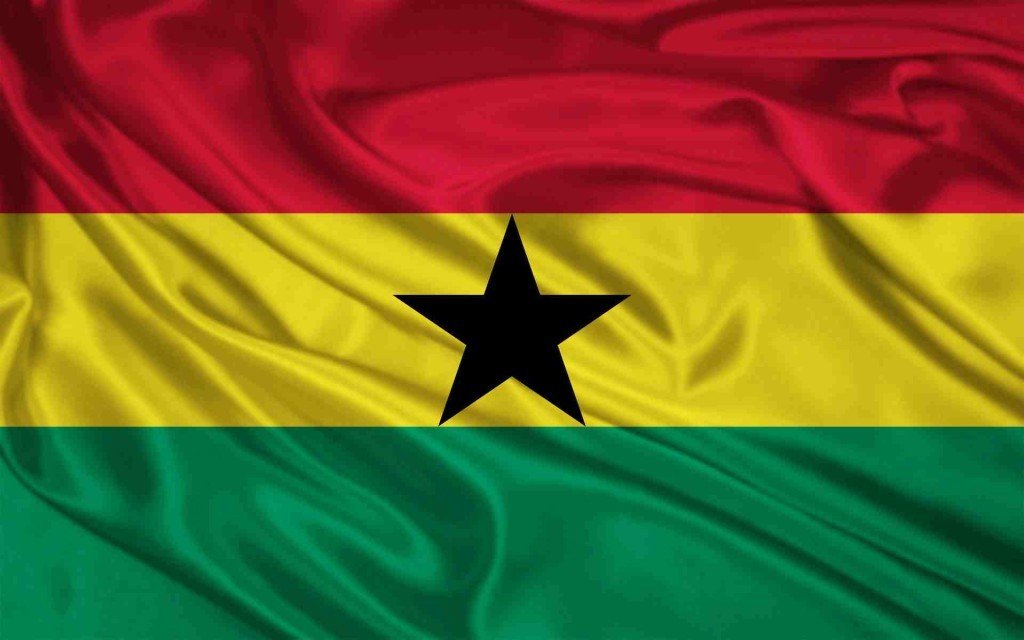
PHOTO:Ghana Flag
Ghana is bracing for one of its most fiercely contested elections in years as the 2024 general election draws near. With political tensions at a peak, the ruling New Patriotic Party (NPP) and the opposition National Democratic Congress (NDC) are pulling out all the stops in their efforts to sway the electorate. But it’s not just the two major parties that are in the race—independent candidates and smaller parties are also seeking to secure their place in the political landscape, promising to bring fresh perspectives and challenge the status quo.
The NPP: A Bid for Continuity Amid Economic Struggles
For the NPP, the 2024 election is about continuity, despite the economic challenges that have plagued the country in recent years. Vice President Dr Mahamudu Bawumia, the party’s presidential candidate, has leaned heavily on his track record in technology and infrastructure development as a selling point. His flagship economic initiatives, including the introduction of digital tools aimed at streamlining government services, have garnered both praise and criticism. However, Dr. Bawumia’s campaign has been overshadowed by rising inflation, unemployment, and an ongoing cost of living crisis.
Dr Bawumia remains resolute in his defense of the government’s policies, arguing that despite the economic struggles, the country is on the path to recovery. “We have weathered storms that have shaken the global economy. The worst is behind us, and under my leadership, Ghana will rise again,” he stated in a recent address to party supporters.
However, critics within the NPP’s ranks and the opposition argue that Dr. Bawumia’s promises of a digital revolution have not translated into tangible relief for the masses. Former Finance Minister Ken Ofori-Atta’s handling of the economic crisis remains a contentious point, with some questioning the government’s management of public debt and fiscal discipline.
The NDC: A Fight for Change Amid Discontent
The NDC, led by former President John Dramani Mahama, is positioning itself as the party of change. Mahama’s presidential bid is rooted in a promise to restore Ghana to its “rightful place” by addressing the economic hardships and revitalizing key sectors like agriculture, education, and health. The NDC has built its campaign around the notion that the NPP has failed the country, citing the growing unemployment rates, the devaluation of the cedi, and the persistent energy shortages.
“We need a government that will listen to the people and take bold steps to fix the problems. It’s time to bring change for the better,” Mahama declared during his campaign tour in the Ashanti region, an NPP stronghold.
Mahama’s return to the political scene has sparked optimism among some voters, while others are cautious due to the struggles of his previous tenure. The NDC faces the challenge of rebuilding trust after the fallout from the 2016 and 2020 elections, where the party’s performance was marred by allegations of corruption and poor governance. To counter this, Mahama has surrounded himself with a new generation of leaders, including former Trade and Industry Minister Alan Kyerematen, whose decision to leave the NPP and join the NDC has shifted political dynamics.
The Rise of Independent Candidates
While the two dominant political parties battle it out, a growing number of independent candidates are also seeking to make their mark. These candidates, who often promise to rise above the partisan bickering, are finding appeal among Ghanaians disillusioned with the mainstream parties.
Independent candidates are focusing on issues like decentralisation, youth empowerment, and education reform. However, their campaigns face significant challenges in a system where resources and media attention are often concentrated around the bigger parties. Despite these obstacles, several independent figures have gained traction, particularly in the urban centres, where frustration with the traditional political elites is high.
Tensions Ahead of Election Day
As Ghana moves closer to Election Day, tensions are mounting. Political rallies and campaign events have been marked by clashes between supporters of the rival parties, with both sides accusing each other of electioneering violence. The Electoral Commission (EC) is under increased scrutiny, as both the NPP and NDC accuse each other of attempting to manipulate voter registration processes.
International observers have been deployed to ensure a free and fair election, but concerns about potential voter suppression and fraud remain. “We must ensure that every Ghanaian has a voice,” says Faith Kwaku, a leading civil society advocate. “The integrity of this election will determine the future of our democracy.”
The Youth Factor
One of the key talking points in the 2024 election is the role of Ghana’s youth. With more than 60% of the population under the age of 30, the youth vote is seen as critical. Political analysts argue that while the NPP and NDC remain the dominant players, young voters are increasingly turning to independent candidates or smaller parties that promise fresh leadership and a departure from the political establishment.
In the face of a global economic slowdown, the youth are demanding greater accountability and an agenda that speaks to their aspirations. “We want jobs, not just promises,” said Kofi Mensah, a student activist at the University of Ghana. “It’s time for a leader who understands the struggles of young people.”
Conclusion: The Battle for Ghana’s Future
As the 2024 general election looms large on the horizon, all sides of the campaign are pulling out all the stops to capture the hearts and minds of the electorate. While the NPP seeks to build on its successes, the NDC is framing itself as the party of change in the face of growing discontent. Meanwhile, independent candidates are capitalizing on widespread frustration with the traditional political system, positioning themselves as alternatives to the establishment.
With so much at stake, Ghana is entering a period of intense political rivalry, and only time will tell which vision for the country will emerge victorious. Election Day will not just determine who leads Ghana—it will shape the future of its democracy, economy, and its place on the global stage.

